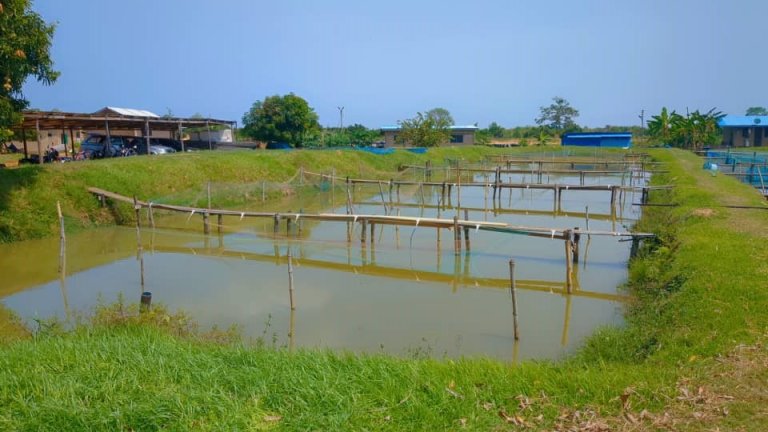
The results of this study complement the first study on the Volta Lake and provide a holistic picture of the disease situation in Ghanaian aquaculture.
The study accomplishes a major deliverable from the aquaculture component of the Fish for Development (FfD) program in Ghana, supported by the Norwegian Government.
Study conducted on 30 farms
The study was designed to get a clearer picture of the disease situation and to serve as guide to improving Fish Health Management in Ghana’s aquaculture industry. The study was conducted on 30 land based farms drawn from Southern, Middle and Northern aquaculture belts of the country, where targeted samples from tilapia and catfish farms and from farms where both species were co-cultured.
Disease threatens sustainability
Interestingly, Streptococcus agalactiae which dominated the first findings on the Volta Lake were completely absent from all samples examined from the land based operations.
Edwardsiella and Aeromonas were the major pathogens associated with catfish, the predominant species cultured in ponds. ISKNV-like organisms, possibly a new variant, were detected in 7 farms, mainly in Middle and Northern belts from catfish with no clinical relevance.
Kofitsyo Cudjoe, the focal person who coordinated the study extends his gratitude to all who have in diverse ways contributed to this work.